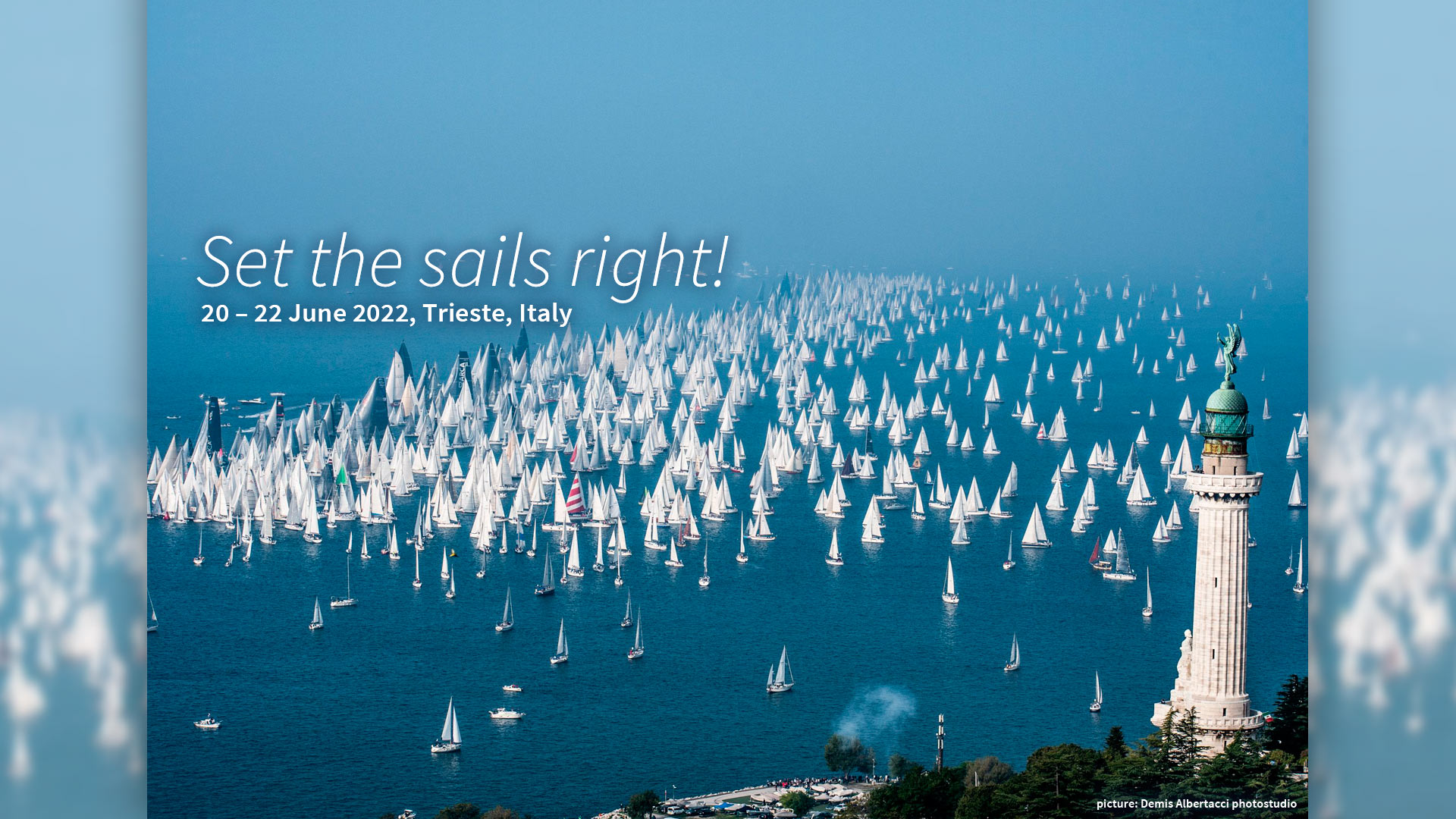The Declaration for the Future of the Internet
22 Jun 2022 12:15h - 13:15h
Event report
On April 28, the USA, the European Commission and 60 partners signed and launched the Declaration for the Future of the Internet (DFI), a commitment to advance a positive vision for the Internet and for digital technologies. The DFI reconfirms and recommits to an Internet that is open, free, available, secure, and inclusive; and that fosters privacy and human rights, according to the session moderator, Ms Concettina Cassa (ICT Senior Specialist, Agenzia per l’Italia Digitale).
Cassa explained that the DFI includes five main principles:
- The protection of human rights and the fundamental freedoms of all people;
- The promotion of a global Internet that advances the free flow of information;
- The advancement of inclusive and affordable connectivity so that all people can benefit from the digital economy;
- The promotion of trust in the global digital ecosystem, including thorough protection of privacy;
- The protection and strengthening of the multistakeholder approach to governance that keeps the Internet running for the benefit of all.
The session discussed how to support this process and promote implementation of the principles of the DFI.
Mr Paul Mitchell (Chair, United Nations Internet Governance Forum, Multistakeholder Advisory Group (MAG)) noted that the IGF has grown in stature and influence and has demonstrated the tangible benefits of the multistakeholder model. He added that its core contribution in the future will lie in supporting the DFI. In his opinion, the IGF is a powerful ally that has pioneered the topic of Internet governance, and the Declaration espouses the same ideas that the IGF has championed. For 2022, the MAG has focused on IGF programme structure that reflects the most recent global policy and action trends, including recognition of the DFI. The structure for this year’s IGF is built around topics closely aligned with the Secretary-General’s Global Digital Compact.
Mr Wolfgang Kleinwachter (Professor for International Communication Policy and Regulation, Aarhus University) noted that the DFI contains no implementation or review process. Additionally, no procedure in the document explains how non-state actors and other governments can sign or support the document. Mr Esteve Sanz (Head of Sector, Internet Governance and Multi-Stakeholder Dialogue, European Commission) noted that the implementation of the principles of the DFI will need more engagement from countries and stakeholders. The initial partners will contribute to the DFI implementation starting with a multistakeholder conference to be held in the next months and continuing with gathering the input, feedback, and elements from Internet governance communities (IGF, EuroDIG) through dedicated sessions. Mr Riccardo Villa (Deputy Head of the Cyber Department, Ministry of Foreign Affairs of Italy) noted that raising the awareness about the DFI and its principles, as well as developing the skills of the people who will be implementing the DFI in signatory countries, is important.
Ms Anriette Esterhuysen (Executive Director, Association for Progressive Communications) stated that the DFI failed to use the bottom-up multistakeholder approach. It was presented more or less as a finished product at the IGF in Katowice and other forums were not given the opportunity to help shape it. This point was reiterated by Kleinwachter, who also noted the process risks that many stakeholders will not take the DFI very seriously, thus undermining its strength. The DFI also missed the opportunity to use a multilateral intergovernmental process to get approval from other governments, particularly from the Global South, she noted. Esterhuysen gave the example of NETmundial as a good example of a multistakeholder effort. She noted that the result of working in a bottom-up, multi-stakeholder and truly multilateral way is less substantive content and less agreement. She also cautioned that we have to be honest about recognising these instruments for what they are and their limitations.
Kleinwachter stated that the DFI is disconnected from other global processes such as the Global Digital Compact and WSIS+20. He noted that those processes are mentioned in the final paragraph of the Declaration, but the interlinkage is not clear. Esterhuysen suggested that the DFI be used as a preparatory input to the Global Digital Compact, which Mr Jorge Cancio (Deputy Head of the International Relations Team at the Federal Office of Communications (OFCOM)) noted as worth considering. Cancio suggested that the DFI can contribute to the implementation of the joint statements published by the Freedom Online Coalition.
Kleinwachter noted that the strength of the document is that it reiterates the basic principles. It is necessary not only to reaffirm these principles, but to defend them, Villa stated. Mr Nigel Hickson (Senior Adviser on Data Protection, Department for Digital, Culture, Media of the United Kingdom government) expressed the same concerns, noting that the new IP proposals would have directly contradicted the views of the countries that signed the DFI: an open, global, multistakeholder governed Internet would be replaced with ‘a top down system where governments can exert their authority.’
National takes on the Declaration
Hickson noted that one of the reasons that the UK had for signing the DFI was concern about the future of Internet governance. Cancio noted that Switzerland has not signed the DFI, but is aligned with its content, as Switzerland already promotes an open, free, secure and single, and interoperable and trustworthy Internet firmly anchored in human rights and democratic principles. However, it is the Swiss belief that broad support from a large number of countries from all regions of the world, including the Global South and a strong adoption and ownership from the multistakeholder community are essential for the success of any initiative.
By Andrijana Gavrilovic
Related topics
Related event

